African Culture: A General Overview Of Its Timeline
Africa, as the planet’s mother continent and the first inhabited region, is defined by vast lands and one of the world’s largest populations, as well as a rich human heritage and cultural diversity.
Africa’s extensive history informs the world about her civilizations, from the earliest artists who left impressions on their rock shelters to the scholars who established great universities in the Sahara.
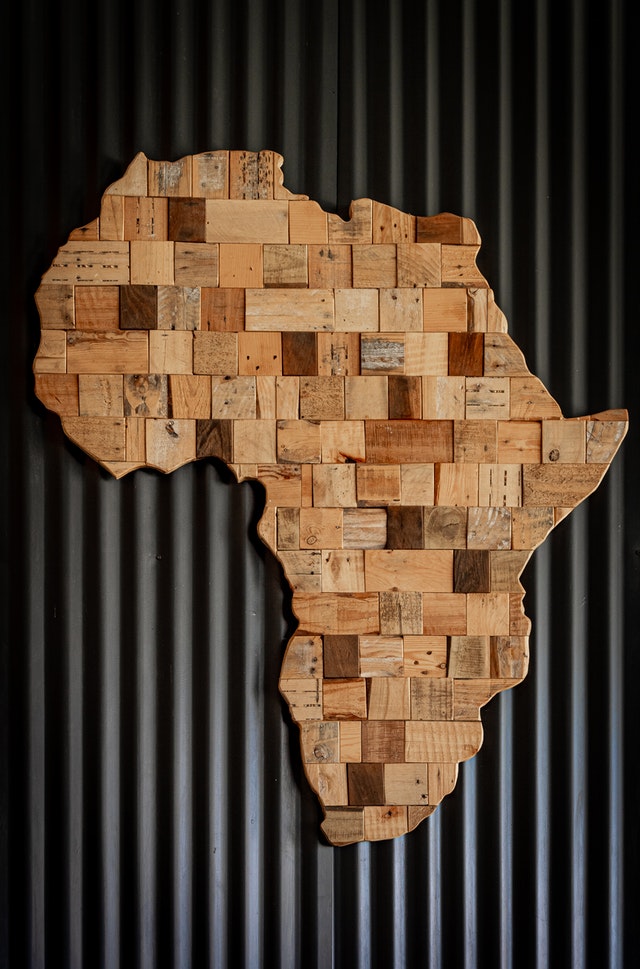
The “self” in African culture is not distinct from the world; it is entwined and entangled with the natural and social environments.
Through relationships with one’s community and surroundings, an individual develops into a person of volition, whose actions and decisions affect the entire group rather than just the individual.
“Umuntu ngumuntu ngabantu,” is a Xhosa proverb that is shared by all African cultures and languages, meaning “A person is a person through persons.”
Africa’s illustrious history and culture are so varied that they differ not only between countries but also within regions and countries. Each ethnic group’s culture binds together the authentic social fabric of traditional practices and rites, art, music, and oral literature, all of which contribute to the formation of identities.
Therefore, the continent’s diversity of cultures, religions, languages, and traditions should not be viewed as a hindrance to development; rather, it should leverage and build on this rich diversity to achieve prosperity and change its people’s attitudes toward economic growth, social development, and the environment.
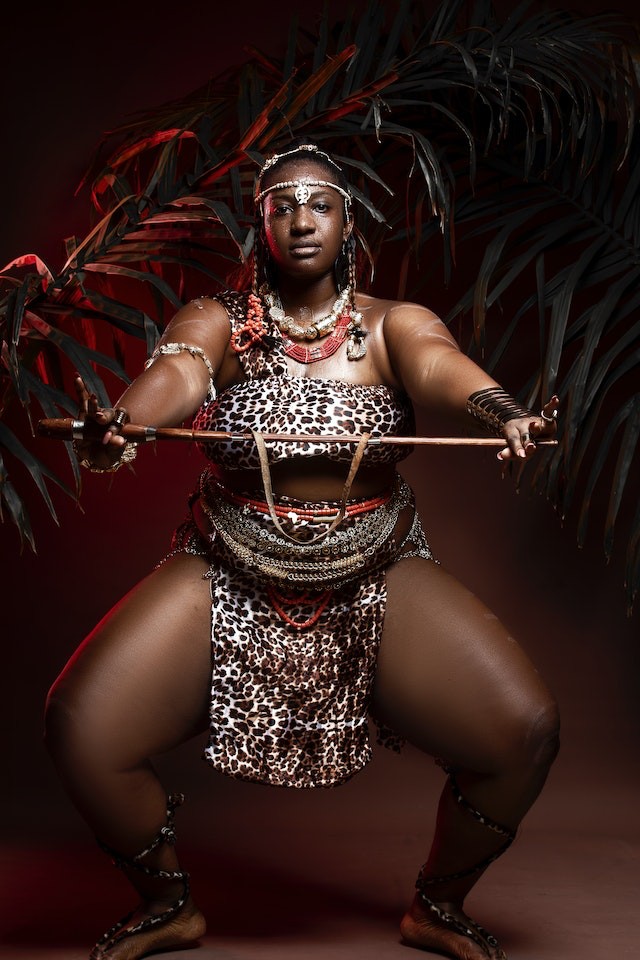
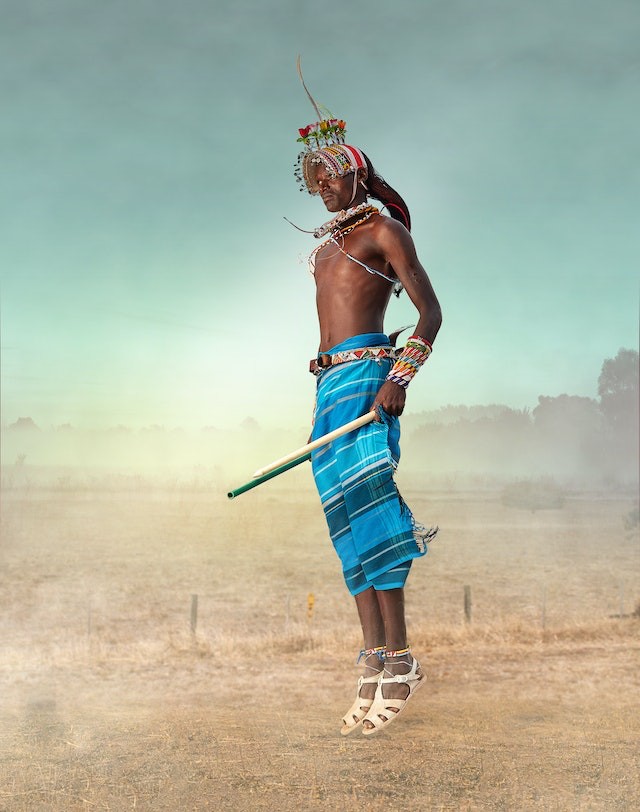
The vast majority of people in Africa are indigenous; however, for hundreds of years, people from all over the world have migrated to Africa. Arabs began migrating to North Africa from the Middle East in the seventh century A.D., bringing Islam with them.
Europeans and South Asians began settling in the southern portion of the continent in the mid-17th century, particularly in Uganda, Kenya, Tanzania, and South Africa. African culture has merged with cultures from all over the world over the centuries, although many traditional African customs have persisted.
Africa’s unique identity is defined by iconic natural wonders such as the Serengeti, Table Mountain, and Victoria Falls, as well as the origins of humanity, from the fossil hominid sites of Olduvai Gorge and Sterkfontein to ancient Egypt’s pyramids.
The high walls of her colonial-era forts and castles recite heartbreaking tales of slavery and serve as a constant reminder of Africans’ long struggle for independence and liberation.
Music and fashion are excellent examples of how African culture tends to have a global impact. Numerous contemporary musical icons have incorporated African instrumentation, concepts, and ideas into their work. There are numerous styles of music, the majority of which originate in Africa or have been influenced by African music in some way.
Numerous modern instruments evolved from ancient African forms, and numerous other genres of music have incorporated similar techniques in terms of rhythms, patterns, harmony, or simply the evolution of melody.
On the other hand, the modern fashion industry frequently draws heavily on African influences.
In the design of the latest fashion trends, culture is incorporated. Without a doubt, the music and fashion industries of today owe a great deal to Africa’s culture and creativity. As a result, it becomes clear that Africa’s rich culture has not only contributed to but also continues to sustain development in a wide variety of industries in modern societies.
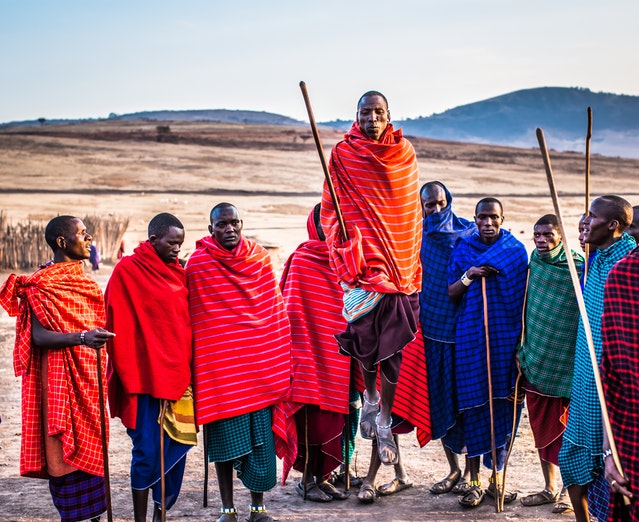
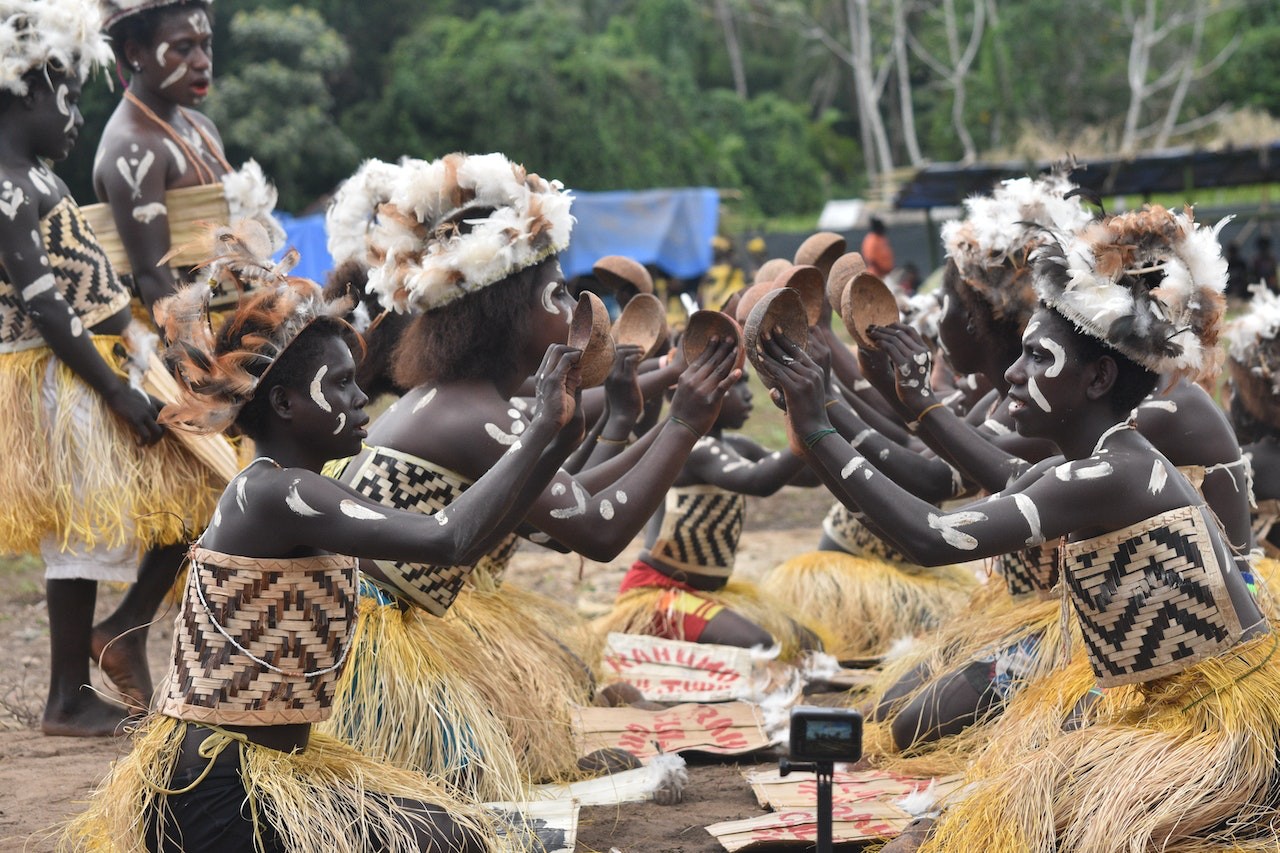
Collective awareness of the potential of African cultural resources can go a long way toward reinforcing pride and confidence in indigenous products while also stimulating innovation and creativity.
Additionally, it may pave the way for the release of innovative resources that enable people, particularly youth and women, to live full, productive, and meaningful lives through increased income and improved standards of living in areas such as income, health, education, and security.
Event Info
Date
October 6, 2023
Location
The Hilton, Croydon, London
Time
5 pm – 12 pm